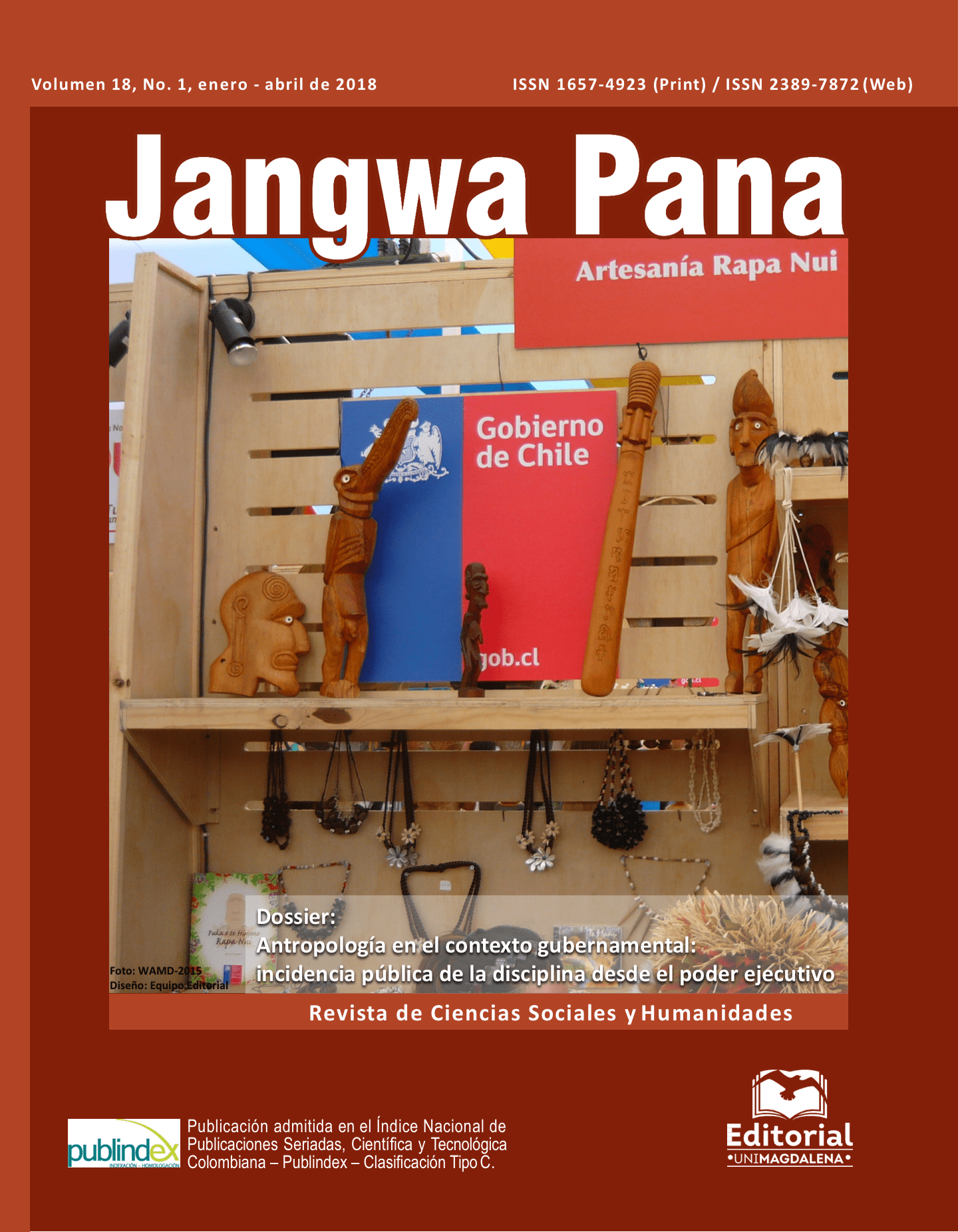Sick workers: Shared Social Research and Call for Human Rights
Main Article Content
Abstract
Keywords: Methodology in Social Sciences; Anthropology of work; Sick workers; Economic, political and social rights; Human Rights; Research process
Downloads
Article Details
References
Antunes, R. (2000). ¿Adiós al trabajo? Ensayo sobre las metamorfosis y el rol central del mundo el trabajo. Bogotá, Colombia: Antídoto.
Besen, Y. (2007). Masculinities at work. Equal Opportunities International. 26(3), 256-260.
Creed, G. W. (2000). Family Values and Domestic Economies. Annual Review of Anthropology. 29. pp. 329-55.
Davies, C. A. (1999). Reflexive ethnography. A guide to researching selves and others. New York, United States: Routledge.
Díaz-Bravo, L., Torruco-García, U., Martínez-Hernández, M., y Varela-Ruiz, M. (2013). La entrevista, recurso flexible y dinámico. Investigación en Educación Médica [en línea], 2(7), 162-167.
Godard, F. (1996). El debate y la práctica sobre el uso de las historias de vida en las ciencias sociales. Cuadernos del Centro de Investigaciones sobre Dinámica Social. Bogotá, Colombia: Universidad Externado de Colombia. II (1). pp. 5-50.
Islam, G. (2015). Practitioners as Theorists: Para-ethnography and the Collaborative Study of Contemporary Organizations. Organizational Research Methods, 18(2), 231-251.
Jimeno, M. (2004). La vocación crítica de la antropología latinoamericana. Maguaré, 18, 33-58.
Krueger, R. A. (1998). Developing questions for focus group. Thousand Oaks, United States: Sage.
Liamputton, P. (2011). Focus Group Methodology: Principles and practice. Los Angeles, United States: Sage.
Ministerio de Trabajo y Asociación de Abogados Laboralistas de los Trabajadores (2016). Informe Final, Convenio interadministrativo 295 de 2015: Caracterización de los trabajadores y extrabajadores enfermos asociados en Colombia. Documento de trabajo, 140 pp.
Palermo, H. (2017). La producción de la masculinidad en el trabajo petrolero. Buenos Aires, Argentina: Biblos.
Rappaport, J. (2008). Beyond participant observation: collaborative ethnography as theoretical innovation. Collaborative Anthropologies. 1. pp. 1-31.
Tuhiwai S. L. (2007). Decolonizing methodologies. Research and indige-nous peoples. New York, United States: Zed Books y University of Otago Press.
Vasco, L.G., Aranda, M., Dagua, A. (1998). Guambianos. Hijos del aroiris y del agua. Bogotá, Colombia: CEREC, Editorial Los Cuatro Elementos, Fundación Alejandro Ángel Escobar, Fondo Promoción de la Cultura - Banco Popular.
Velandia Díaz, D. (2016). Biografía de las artes gráficas en Bogotá: antropología de las transformaciones del trabajo en la era neoliberal. Bogotá, Colombia: Tesis Doctoral en Antropología. Universidad Nacional de Colombia.
Velandia Díaz, D. (2007). Etnografías como libros: revisando tres productos (exitosos). Bogotá, Colombia: Tesis de Maestría en Sociología. Universidad Nacional de Colombia.
Wacquant, L., (2007). Parias urbanos: marginalidad en la ciudad a comienzos del milenio. Buenos Aires, Argentina: Manantial.
Woolgar, S. (1996). La reflexividad es el etnógrafo del texto. Cuadernos del seminario. 2 (1-2). pp. 17-35.

